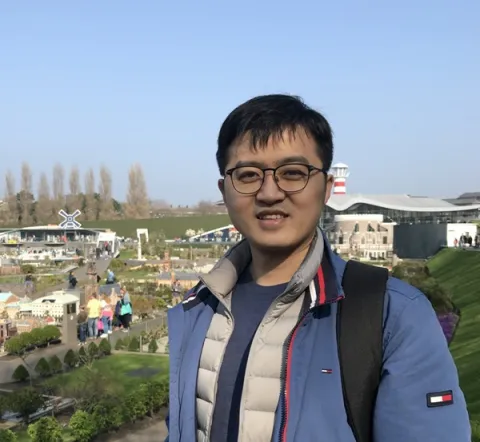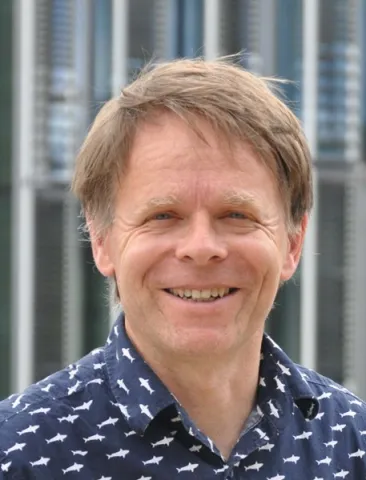About the project
The marine and maritime sectors face an urgent need for green energy solutions and effective decarbonization strategies. Our project focuses on the development of AI-enhanced numerical tools to help address these challenges.
Specifically, we will study the viscous flow dynamics associated with both rigid and flexible structures commonly found in various devices that harvest energy from the environment. These structures include:
- wave energy devices
- offshore wind turbine blades and support structures, fixed or floating
- wind-assisted propulsion systems
This project centres on innovative numerical schemes based on the lattice Boltzmann method (LBM). By going beyond the conventional Navier-Stokes framework, the LBM shows its strengths in adeptly managing complex boundary conditions and leverages the power of parallel computing. It provides a powerful platform for addressing the fluid-structure modelling challenges within this field. In addition, AI technology will play a crucial role as a supportive tool, contributing to more efficient and accurate turbulence modelling.
This opportunity is for you if you are:
- passionate about mathematical and computational modelling in fluid mechanics
- eager to tackle cross-disciplinary challenges
- driven to create significant advancements through the development of AI-aided numerical schemes
Under the guidance of experienced supervisors, you will:
- develop mathematical and computational models that unravel fluid-structure complexities
- bridge the gap between theory and practical applications, conveying the richness of interdisciplinary research
- collaborate closely with experts in our maritime group
We are at the forefront of cutting-edge numerical simulations and experimental studies, revolutionizing wind-assisted propulsion systems and playing a pivotal role in shaping the future of sustainable maritime solutions.


